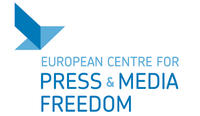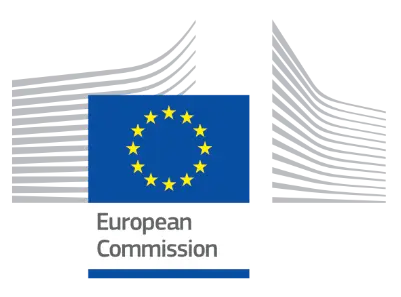Trial of Cumhuriyet-journalists: “What we saw was a farce“
On the first day of the court hearing of Erdem Gül and Can Dündar only one thing became clear: The process against the two journalists will neither be objective nor free of political motivation
Originally published by ecpmf.eu
Outside the Justice Palace in Istanbul, more police than usual was waiting for the dozens of journalists, media freedom advocates, diplomats and politicians who wanted to attend the trial against Cumhuriyet-journalists Erdem Gül and Can Dündar. But finally, they did not get to see much.
The courtroom was cleared of all people, except lawyers appointed to the case. This decision was taken by court after a discussion before the start of the hearing. Even though the lawyers of the defence expected this discussion and were well prepared to oppose holding the trial in secret, their legal arguments were rejected. As hearings in the trial would include the names of secret service members, the public, including not only media, but many international diplomats, was excluded. The decision did not come unexpected, but was received with boos and Turkish Members of Parliament protesting against the decision, claiming it unjustified.
The second ruling of the court announced the acceptance of Turkish President Erdogan as joint plaintiff. This was opposed by the lawyers of Dündar and Gül as no personal harm of Erdogan by topics to be discussed in the process were obvious to them.
After the crowd had to leave the hearing, many Turkish and international observers called this beginning of the process a “farce”, as objections and arguments of the defence lawyers were hardly taken into consideration.
What is to be expected now more than ever is a process that will not be objective and clearly politically motivated. The process against Can Dündar and Erdem Gül because of disclosing information related to arms trafficking to Syria is of importance to the whole Turkish media community as press freedom violations in the country occur repeatedly. Both journalists face life prison sentences because of terrorism and espionage allegations.
In the early evening it was announced that the process has been postponed and will continue on 1 April 2016
This publication has been produced within the project European Centre for Press and Media Freedom, co-funded by the European Commission. The contents of this publication are the sole responsibility of Osservatorio Balcani e Caucaso and its partners and can in no way be taken to reflect the views of the European Union. The project’s page






